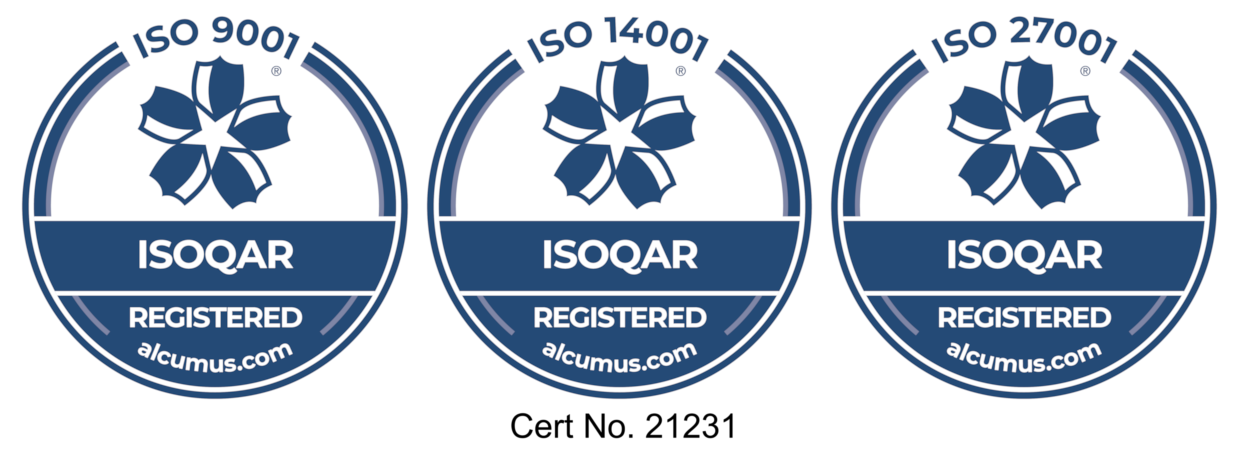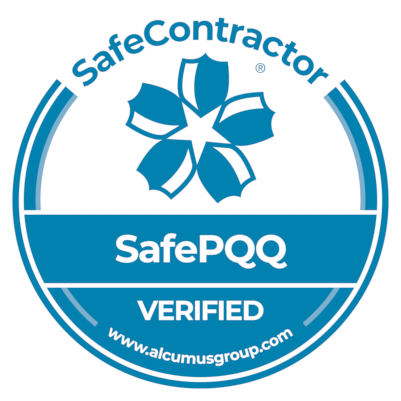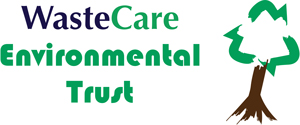Almost as worrying as the practice of illegally exporting WEEE is a feeling that we are starting to become desensitised to it. Maybe we feel it is inevitable – just another inconvenient truth?
I hope and still believe that this isn’t the case. This belief is based on the sound environmental, economic and commercial reasons for stamping down on the illegal export of our unwanted electrical goods.
So, what is the problem with shipping electronic goods to developing countries? Surely it’s better that people can continue to enjoy their benefits in economies where new goods are unaffordable. The answer of course is that there would be no problem, if this was what was happening. It is not – the reality is all too often something quite different. The reality sees the UK continuing to ship its electrical waste to some of the World’s poorest countries.
What makes the matter worse is that we do this when viable markets exist for these goods in the UK. These markets are supported by a real change in attitudes towards reuse, as highlighted in the recent report from WRAP. Yes, reconditioning for the UK market needs to be to a higher standard; we need to provide warranties and it costs more than bulking items (good and bad) and shipping them to Africa but there are customers for our reconditioned electrical appliances far closer to home, if not in the UK then certainly within the tighter controls of the EU.
The law is quite clear – the exporting of WEEE for reuse is illegal. There are a number of very good reasons why we should not allow UK businesses to continue to break the law.
Firstly, we are exporting money out of the UK economy. To give an example of the value of the opportunity we are wasting, companies who export white goods are getting paid about £5-10 per item sent. If we recondition these goods for resale in the UK charity market, they sell for £50-60 per unit. This is before we start to take into account the employment and training opportunities. In order to exploit this potential, however, the goods need to be processed at facilities with the correct equipment and trained labour to prepare them to a sufficient standard. Companies such as WasteCare have already made this investment and the required processing capability exists here in the UK alongside the market.
Even if fully tested working refurbished electrical goods are shipped to African and other non OECD countries, we must then consider what will happen to these goods when they reach the end of their useful life. The reality is that these economies have not developed the infrastructure to safely manage their recycling or disposal. This is especially important when you consider that the life expectancy for some of these products will naturally be considerably shorter.
Whilst I would love to believe that the economic and environmental reasons for stamping down on the export of unwanted electrical appliances would be enough, I am not so sure. The reason that gives me most hope is the risk to the reputation of the major electrical manufacturers and retailers. Nothing is more important to a business than the integrity and credibility of its brand. The impact of being associated with the practice of illegal export has the potential to be hugely damaging and potentially irrecoverable. This potential threat to profits and indeed ‘licence to trade’ in the mind of the consumer will, I believe, see manufacturers and retailers being far more vigorous in the auditing of their suppliers and their practices.
Working with the right supplier, who does not export outside of the EU and who processes and tests every item to PAS 141 standard, not only removes any risk but also presents the opportunity to add value to the brand through enhanced environmental credentials and by being seen to support sustainable economic growth and job creation in the UK.





